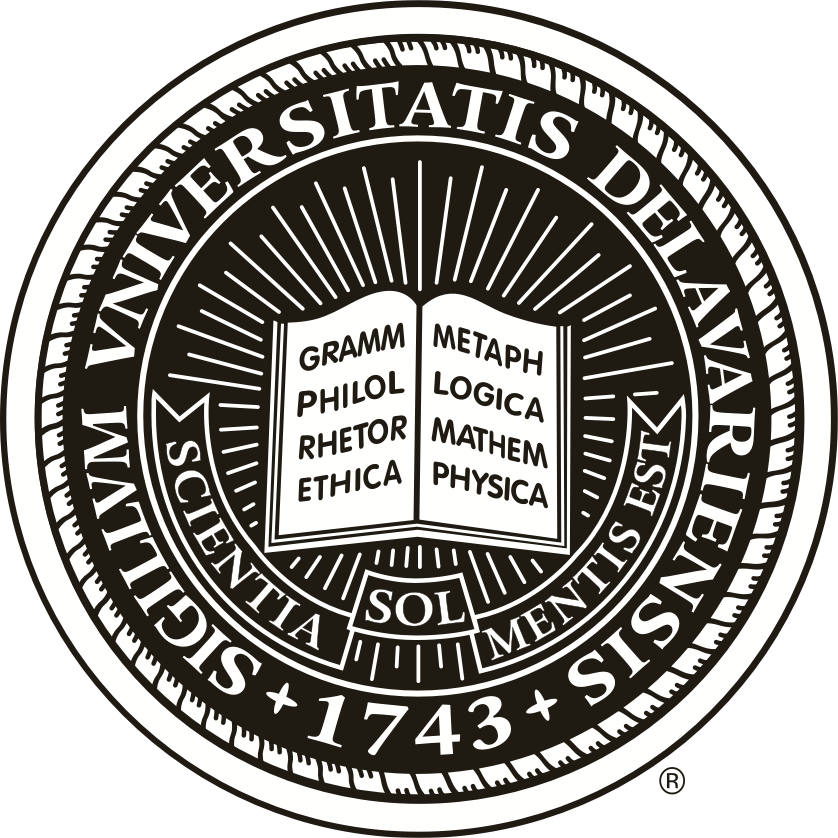Research Support
HPC Symposium
The final 2015 High Performance Computing (HPC) Symposium session will be hosted at Faculty Commons on Wednesday, Sept. 23 at 10:00 a.m., and will kick off with a presentation by David Racca, policy scientist in the Center for Applied Demography and Survey Research (CADSR). Racca will be presenting for the research team of Edward Ratledge, CADSR Center Director, about using the UD IT Community Clusters to develop a statewide speed survey from vehicle GPS data. Processing the data produced by 2,400 GPS equipped vehicles has been made possible by using the UD's Mills Community Cluster.
During his presentation, Racca will review the non-parallel, higher level network calculations developed in Python by Ratledge's research team. The presentation will be followed by an hour-long open forum for researchers, staff members, and students to ask questions, have their questions answered, and share ideas. (Register)
The HPC Symposium series is designed for researchers using or interested in using the University’s High Performance Computing (HPC) clusters. Researchers who are interested in presenting at one of HPC Symposium sessions in 2016 can submit a research computing help request form.
October research computing training
The IT Research Computing staff will be offering a variety of training sessions during October. An updated list of events, topics, and dates is available at the Research Computing website.
- XSEDE HPC Monthly Workshop: OpenMP, Faculty Commons (116 Pearson Hall), Tuesday, Oct. 6 (11:00 a.m.-5:00 p.m.)
- Introduction to Research Data Management, 114 Morris Library, Thursday, Oct. 15 (10:00-11:30 a.m.)
- October Unix Basics Series, Faculty Commons (116 Pearson Hall), Tuesdays (1:30-3:00 p.m.) and Thursdays (10:00-11:30 a.m.) (Register)
- Unix Introduction: Thursday, Oct. 1 (Register)
- Shell Programming Part 1: Thursday, Oct. 8 (Register)
- Shell Programming Part 2: Tuesday, Oct. 13 (Register)
- Python Part 1: Tuesday, Oct. 20, guest speaker Mike Porter (Register)
- Python Packages: Thursday, Oct. 22, guest speaker Glen Jenness (Register)
- Python Part 2: Thursday, Oct. 27, guest speaker Mike Porter (Register)
VSCSE/OpenScience Grid/XSEDE HPC monthly workshops
The IT Research Computing team encourages researchers to participate in workshops and events hosted by other universities and research centers. Over the summer months, UD participated as an in-person site for the Virtual School of Computational Science and Engineering (VSCSE) and three XSEDE Monthly HPC Workshops.
Additionally, Ph.D. candidate Mario Guevara, Department of Plant and Soil Sciences, recently received a grant to participate in the 2015 Open Science Grid (OSG) school in Madison, Wisconsin. The OSG school is a week-long course in High Throughput Computing (HTC)—a cutting edge computational approach to efficiently manage and analyze large amounts of data and information. HTC relies on the availability of shared networking resources for the serial computation of hundreds or thousands of related jobs.
Guevara also acted as a Teaching Assistant at the August VSCSE “Supercomputing for Everyone Series: Performance Tuning Summer School” and "Science Visualization" sessions. For more information about each course, visit UD's VSCSE website.
The Research Computing team will host the next XSEDE HPC monthly workshop on Oct. 6. (Register)
University researchers are invited to use the Research Computing Help Request form and select "Education and Outreach" to request that Research Computing staff facilitate other specialized training.













